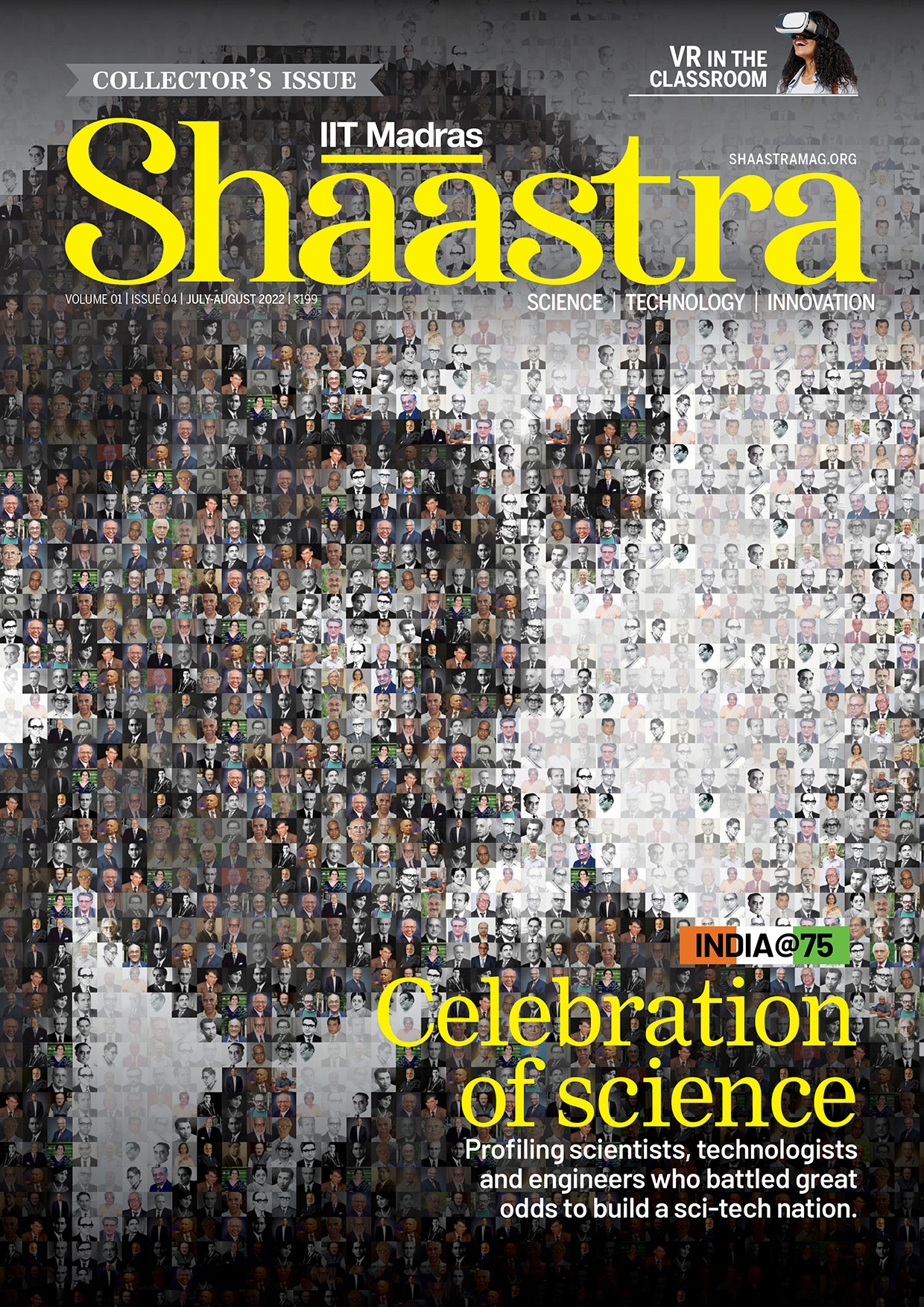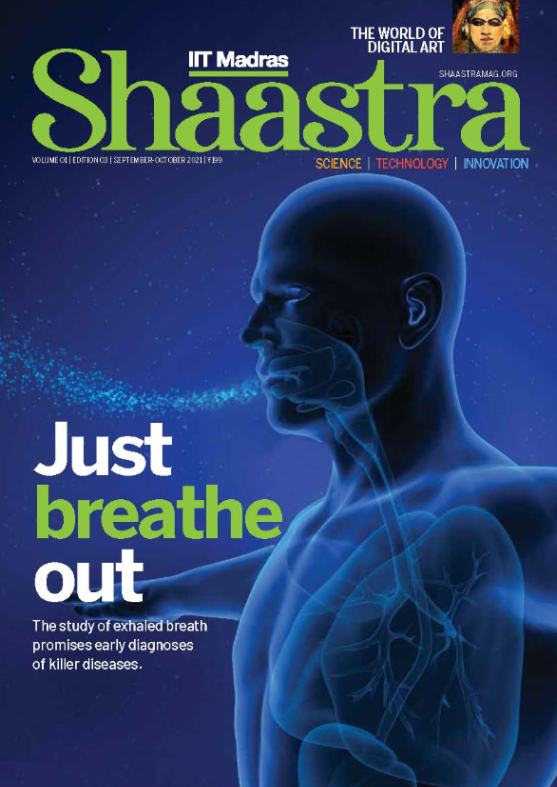Fighting superbugs that resist antibiotics
-
- from Shaastra :: vol 02 issue 04 :: Jul - Aug 2023

Start-ups have joined the war against superbugs. Taken together, their work straddles prevention, diagnosis, and treatment.
Sanjiban Banerjee is not a desert-dweller, but is thankful for camels. Scientists at his company AbGenics Life Sciences have discovered potential infection-busting drugs with a little help from the dromedary. Camels were immunised with strains of drug-resistant pathogens, and produced antibodies in response. The antibody-producing genes from the camels' white blood cells were copied and inserted into bacteria to create a library of antibody molecules as a source of new and potent superbug killers.
There's a reason why the discovery is being viewed with interest. In 2019, the United Nations estimated that drug-resistant diseases would claim 10 million lives a year by 2050 in the absence of "immediate, coordinated and ambitious action". Nearly a quarter of these deaths will be in India. Without effective antibiotics, ordinary surgeries such as C-sections and hip replacements could become riskier, and hitherto treatable infections could turn life-threatening.
Banerjee believes that this could happen as early as 2035. Global population growth and the indiscriminate use of antibiotics in humans and livestock are portents, he says. No new class of antibiotics — a class of drugs has similar chemical structures and modes of action — has come on the market for decades. Doctors are left to attack microbes repeatedly with the same antibiotics, leading to multi-drug-resistant (MDR) superbugs. Even as this article was being written, Banerjee lost his business partner and AbGenics co-founder Anil Nahar to an MDR superbug infection contracted in the critical care unit of a hospital where he was admitted for an underlying illness.
The urgent need, Banerjee says, is to find molecules with modes of action "so complicated that a single mutation will not make them ineffective".
PAST ISSUES - Free to Read


Have a
story idea?
Tell us.
Do you have a recent research paper or an idea for a science/technology-themed article that you'd like to tell us about?
GET IN TOUCH














